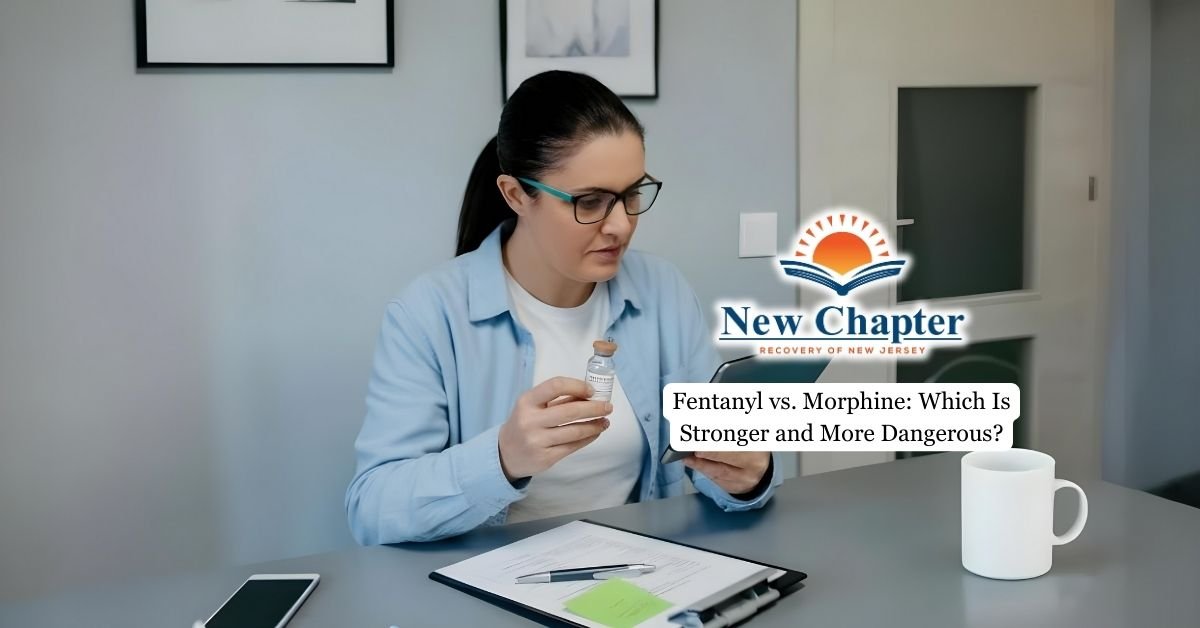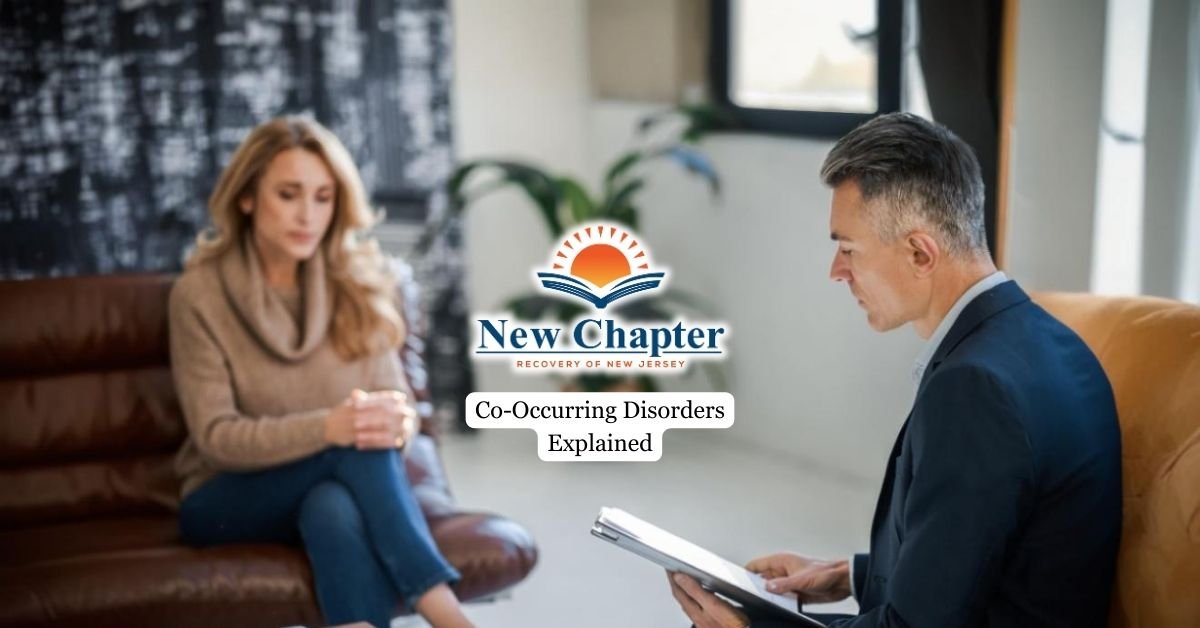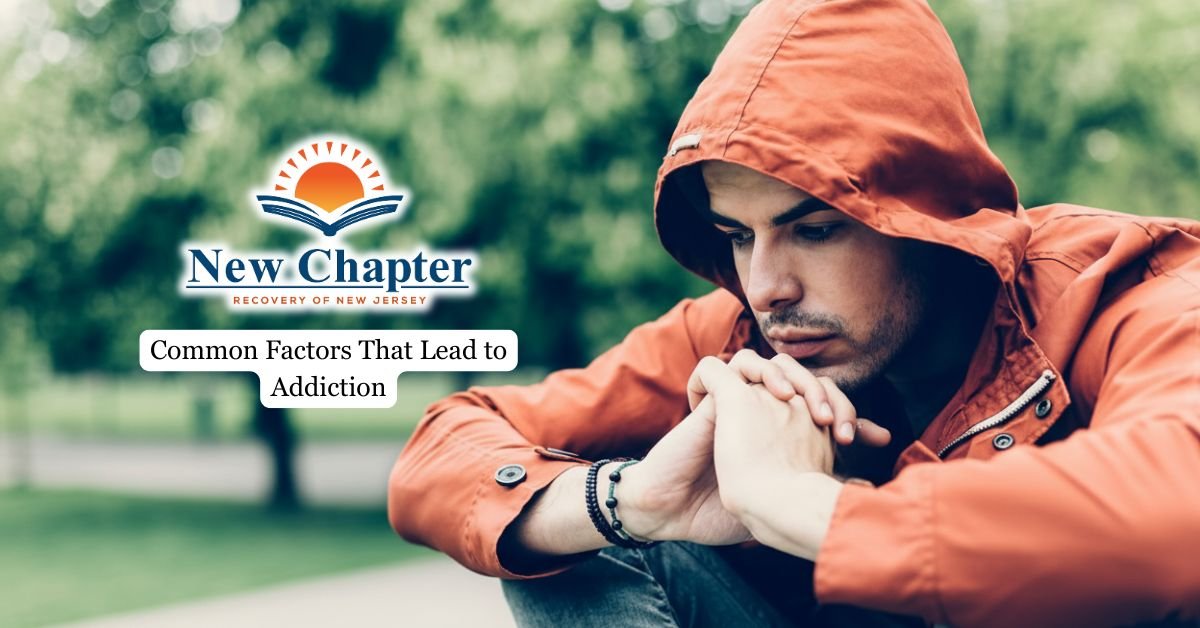Ativan is a medication that can provide short-term relief for anxiety, insomnia, and seizure disorders. However, it belongs to a class of drugs known as benzodiazepines, which carry a significant risk of dependence and addiction. It is crucial for both patients and healthcare providers to understand how quickly one can become addicted to Ativan.
In this article, we will explore the nuances of Ativan addiction and what to expect from the onset of the withdrawal process.

Addiction Potential of Ativan
You mightn’t realize how rapidly Ativan addiction can take hold, with signs of dependence emerging in mere weeks of regular use.
As tolerance builds, you’ll likely find yourself needing increasingly higher doses to achieve the same results, accelerating the path to substance use issues and physical dependence.
If you’re among the millions of Americans misusing benzodiazepines like Ativan, you’re at heightened risk for developing a substance use disorder, especially if you have a history of anxiety disorders.
Over time, your Ativan use may shift from therapeutic to habitual, as you come to rely on the drug to function normally rather than solely for symptom relief.
Recognizing Ativan’s addictive nature is crucial for preventing the devastating consequences of benzodiazepine use disorders.
If you suspect that you or someone you know may be developing an addiction to Ativan, seek help from a qualified addiction specialist and consider enrolling in a proper Ativan Addiction Treatment Program.
Initial Use and Dependence
This benzodiazepine can lead to physical dependence, even when taken as prescribed. You may develop tolerance within just a few weeks of regular use, especially if you have an anxiety disorder and rely on Ativan to manage your symptoms.
Studies show that about 10% of people prescribed benzodiazepines like Ativan may develop a substance use disorder within a year.
Dependence can sneak up on you without any misuse, as your brain’s chemistry begins to change with continued use. You might find yourself needing higher doses to achieve the same effect, accelerating the cycle of dependency and potential addiction.
Withdrawal symptoms can start as soon as 24 hours after your last dose, signaling that dependence has developed. It’s crucial to follow prescribed guidelines and be aware of the risks, as prolonged use beyond three to four weeks increases the likelihood of addiction and withdrawal symptoms.
Recognizing the Signs of Addiction
If you find that you’re unable to reduce your usage despite wanting to, it’s a strong indication that you’re losing control over the substance.
As your addiction to Ativan progresses, you may notice that you need larger doses to achieve the same calming effects, signaling increased tolerance and psychological dependence.
Physical dependence can also manifest through withdrawal symptoms like anxiety, nausea, and tremors when you’re not taking Ativan, reflecting your body’s reliance on the drug.
You may start neglecting responsibilities and engaging in secretive behaviors to obtain more Ativan, highlighting the behavioral changes associated with addiction.
Persistent cravings for Ativan, even during periods of abstinence, underscore the significant psychological dependence that characterizes addiction.
Read more details about the signs of Ativan addiction and the consequence of this drug’s misuse.

Ativan Withdrawal Timeline
When you stop taking Ativan, you’ll likely experience withdrawal symptoms within 6 to 12 hours after your last dose.
These symptoms typically peak around 1 to 4 days later and can persist for up to 2 weeks, depending on how long and how much you’ve been taking benzodiazepines like Ativan.
During this acute withdrawal phase, you may experience anxiety, insomnia, increased heart rate, and sweating. In severe cases, seizures and hallucinations can occur.
To manage the severity and duration of these symptoms of addiction, your healthcare provider may recommend a tapering schedule to gradually reduce your Ativan intake.
It’s important to note that complete recovery from Ativan addiction and withdrawal can take several weeks to months, as psychological symptoms may linger even after physical symptoms subside.
Treatment and Recovery Options
Treatment typically starts with a supervised medical detox, where you’ll be gradually tapered off the drug to minimize withdrawal symptoms and risks associated with abrupt cessation.
You can choose between inpatient rehabilitation programs offering 24/7 medical care or outpatient options that allow you to maintain your daily life while receiving treatment.
Behavioral therapies, such as cognitive-behavioral therapy and dialectical behavior therapy, are crucial components of addiction treatment, addressing the psychological aspects of your addiction and helping you develop coping strategies.
Integrated treatment plans that tackle co-occurring mental health issues alongside substance abuse can significantly improve your recovery outcomes and reduce the risk of relapse.
Participating in support groups, like Narcotics Anonymous, provides invaluable peer support and encouragement, which are essential for long-term recovery and maintaining sobriety after completing treatment.
Final Thoughts from New Chapter Recovery
As we have discovered, the risk of developing dependence on Ativan can emerge surprisingly quickly, often within just a few weeks. This understanding emphasizes the importance of using Ativan with caution and mindfulness.
At New Chapter Recovery, we provide compassionate, faith-based treatment options that are customized to fit the specific needs of each person. Our dedicated team is committed to supporting you throughout your recovery journey, providing comprehensive medical care and personalized guidance to encourage lasting change.






